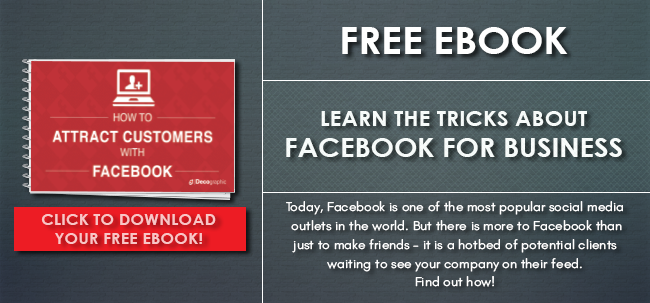.png?width=1470&name=SCS%20-%20Blog%20Template%20(50).png)
Festivals are often an effective way to advertise your product or service. In 2016, sponsorship for music-related events totaled to $1.4 billion, giving them the biggest amount ever spent in any other industry. By collaborating festivals and sponsors, they can create events that can help bring communities together, spread awareness for important charities and causes an aid in building a loyal following for their respective brands.
This sounds exciting, right? What other people don’t know is the amount of hard work, planning, and effort being invested in preparation for these events even before they launch. What exactly goes on behind the scenes between sponsors and events? How do promotions work and how do these companies choose to pair with which? What should the companies expect when it comes to their ROI from these events?
Benefits of Sponsorships
Companies that sponsor festivals are not just getting a display of social responsibility but they also gained a lot.
Sponsorships can give brands the ability to generate awareness about themselves, as well as their products and services. Look into events where your target audience usually goes, and invest in them.
It can also help in increasing the sales of the company, either directly through selling their products at the event, or indirectly generating quality leads from the event.
For companies who are planning on rebranding, they can also seek out events which are highly attended by the target demographics they are interested in acquiring.
Lastly, sponsorships can give companies the opportunity to gain a competitive edge. Also by finding a niche in festival sponsorships, you can effectively differentiate yourself from competitors. This can allow the company to share their products with a large, diverse group of people, even those who are not locals.
Finding the Perfect Match
The first thing to do is to perform a thorough assessment of whether sponsoring an event will be a viable method for achieving their strategic goals.
Promoters, on the other hand, are responsible for handling PR, preparing proposals, locating and pitching potential sponsors, as well as compiling the relevant data for companies, ensuring them that their investment will be worth it. They must also prepare for asset valuations, research demographics of past events they’ve already managed and the projections for the events they are currently preparing for.
Above all of these, it is also important to prepare for data such as average attendance, age of attendees, gender, income, education, distance traveled (important for sponsors such as hotels) and should be presented to potential sponsors for them to assess whether the event is indeed worthwhile for them to consider. It will always be relevant for companies the target demographics in every decision process for it to be a success.
Finding the right partnership might be a tough task, but it is crucial to success as it allows both parties to truly be creative and shares the same goal to satisfy the customers. Look into events that can complement the lifestyle, habits, and interests of their consumers. On the other hand, festival promoters and managers must learn to embrace the individuality of their events so that they can generate a wider audience.



.png?width=352&name=Copy%20of%20SCS%20-%20Blog%20Template%20(9).png)

